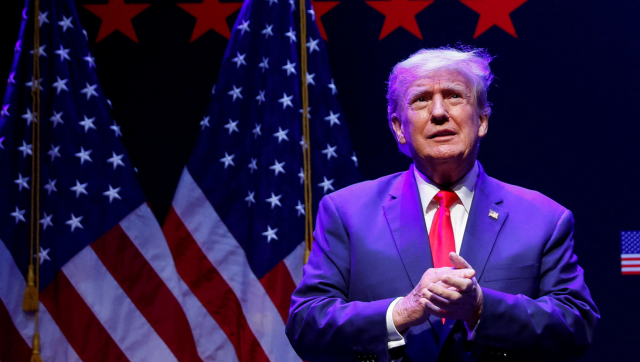Former US President Donald Trump is challenging the decision of Maine Secretary of State Shenna Bellows to exclude him from the 2024 presidential election ballot. Trump, a leading Republican candidate, asserts that Bellows, a Democrat, made a biased decision, lacked legal authority, and committed multiple legal errors in her ruling. Similar challenges in other states have been rejected, but the US Supreme Court is expected to address the issue, impacting Trump’s eligibility nationwide. In response to objections citing the insurrection clause, Trump’s attorneys argue that Bellows’ actions will unlawfully exclude him from the ballot. The 14th Amendment prohibits individuals engaged in insurrection from holding federal office. Bellows defends her decision, emphasizing its thoroughness and adherence to the rule of law, expressing hope for a resolution by the Supreme Court. While Trump and his campaign characterise the decisions in Maine and Colorado as politically motivated, Bellows maintains that her actions are grounded in legal considerations. Trump faces not only eligibility challenges but also trials related to efforts to overturn the 2020 election results. Despite facing federal court proceedings, he has not been charged with inciting insurrection in connection with the Capitol riot. A federal judge in Washington DC recently ruled that part of a lawsuit against Trump, stemming from the death of Capitol Police officer Brian Sicknick during the January 6 riot, can proceed. Sandra Garza, Sicknick’s wife, filed the lawsuit against Trump and two riot participants. As legal battles unfold, the Supreme Court’s decision on Trump’s eligibility is eagerly awaited, with potential nationwide implications for the 2024 election.
In response to objections citing the insurrection clause, Trump’s attorneys argue that Bellows’ actions will unlawfully exclude him from the ballot. The 14th Amendment prohibits individuals engaged in insurrection from holding federal office
Advertisement
End of Article


)

)
)
)
)
)
)
)
)



